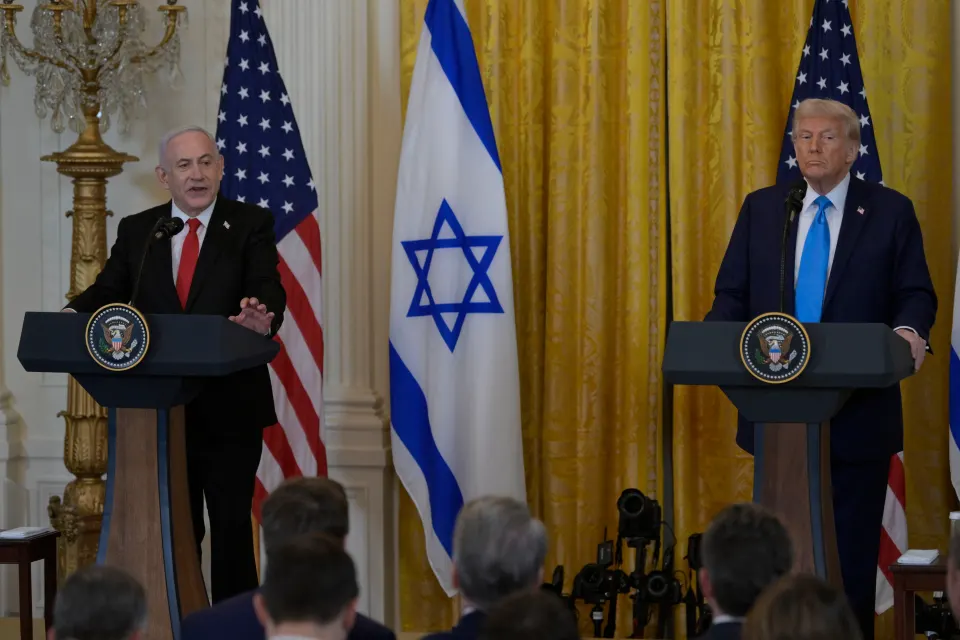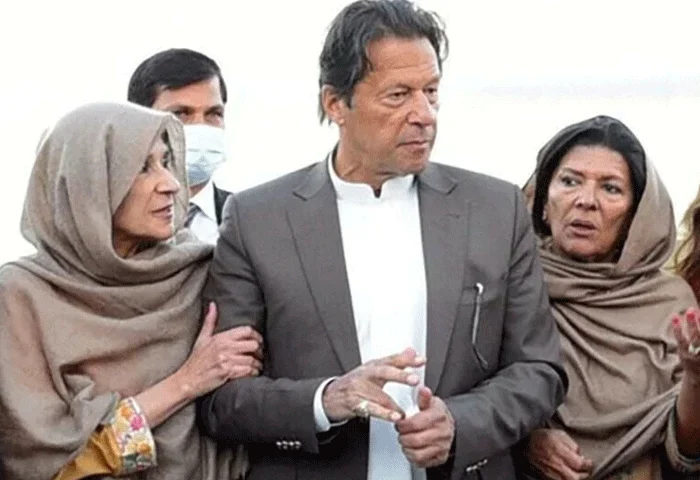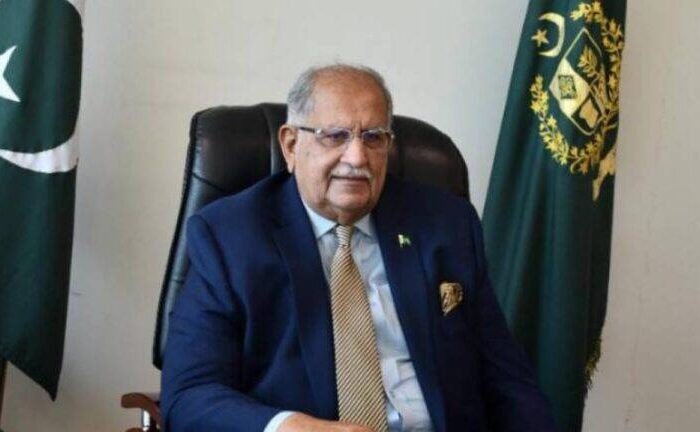Washington D.C., February 6, 2025 – Former President Donald Trump has announced sanctions against the International Criminal Court (ICC), condemning its efforts to investigate allegations of war crimes involving U.S. and Israeli officials. The sanctions come after the ICC began a probe into Israeli military actions in Gaza, a move that has sparked fierce criticism from the United States, with Trump calling the investigation “illegitimate” and politically motivated.
The Nature of the Sanctions
In his executive order, Trump has imposed sweeping measures targeting ICC officials and staff members involved in the investigations into alleged crimes committed by Israeli soldiers. These measures include asset freezes and travel bans for ICC personnel, effectively isolating them from international financial systems and diplomatic engagement.
Trump’s administration has long been critical of the ICC, accusing the organization of undermining the sovereignty of nations and unjustly targeting allies such as Israel. This latest move intensifies the already strained relationship between the U.S. and the court, particularly in relation to the ICC’s attempts to hold Israel accountable for alleged military actions in Gaza and the West Bank.
ICC’s Investigations and U.S. Response
The ICC’s investigation, which began in early 2024, focuses on possible war crimes committed during several military operations carried out by Israel in Palestinian territories. Specifically, the court has sought to investigate allegations involving settler violence, airstrikes on civilian targets, and actions that may constitute violations of international humanitarian law.
The Trump administration has firmly opposed these investigations, claiming that the ICC has no jurisdiction over Israel and accusing it of bias. Trump’s decision to impose sanctions reflects the U.S. government’s stance of strong support for Israel, as well as its opposition to what it views as an infringement on national sovereignty by international bodies like the ICC.
Global Reactions
The sanctions have drawn mixed reactions on the global stage. Supporters of Trump’s decision argue that the ICC is overstepping its mandate and unfairly targeting countries with strong democratic systems. However, critics, including prominent human rights organizations, have decried the move as a blow to international justice.
Organizations such as Amnesty International and Human Rights Watch have expressed concern that these sanctions could set a dangerous precedent, weakening global accountability mechanisms and making it harder for victims of war crimes to seek justice. They warn that such actions from powerful nations undermine the legitimacy of international institutions tasked with safeguarding human rights.
Impact on International Relations
This latest escalation in tensions between the United States and the International Criminal Court is likely to have far-reaching consequences. Many analysts predict that the ongoing dispute could affect the broader relationship between the U.S. and other international legal bodies, particularly the United Nations and the International Court of Justice.
While the Trump administration’s sanctions target the ICC, they also highlight the broader geopolitical challenges involved in holding nations accountable for violations of international law. In the case of Israel, the U.S. continues to shield its ally from international scrutiny, citing concerns about the potential destabilization of the Middle East.
What Lies Ahead?
As tensions continue to mount, the future of the ICC’s investigations into Israel remains uncertain. With sanctions in place, the court’s ability to pursue its probe without interference could be significantly hindered. Moreover, countries like the U.S., which have historically opposed ICC jurisdiction, may use diplomatic and financial pressure to deter other international investigations that threaten their strategic interests.
In the coming months, it will be important to watch how the ICC, the U.S., and Israel navigate this complex legal and diplomatic dispute. The outcome could reshape how the world views the intersection of international justice, sovereignty, and human rights.





